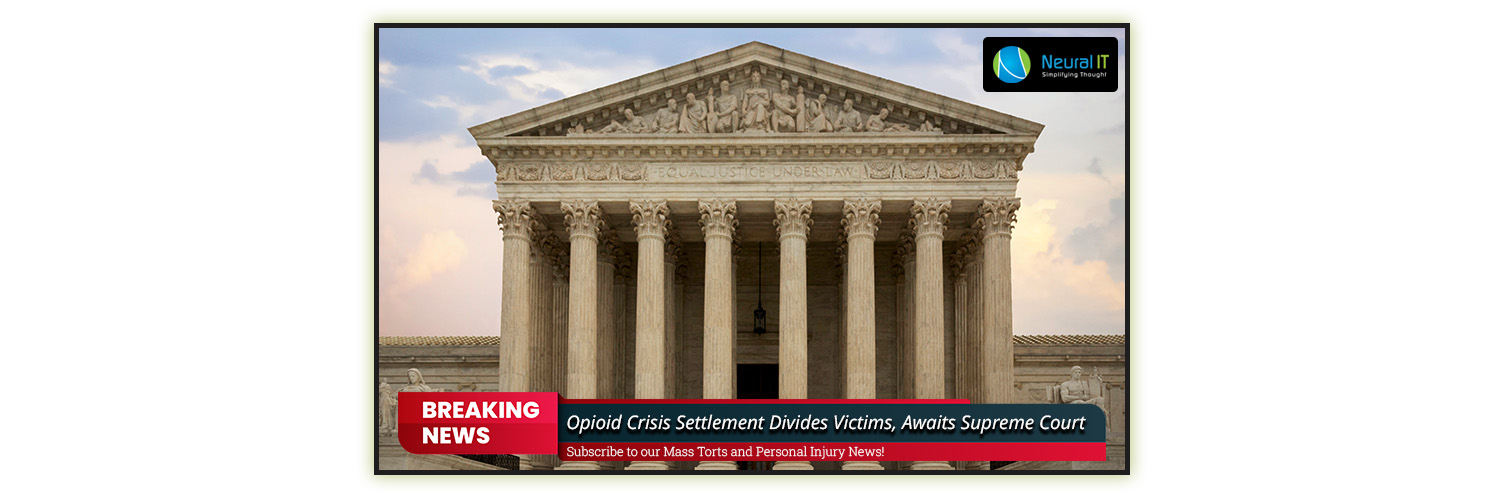
The settlement reached by the manufacturer of OxyContin to resolve numerous lawsuits related to the opioid crisis may aid in addressing the overdose epidemic linked to the painkiller, but not all victims are content with the agreement.
In return for relinquishing control of Purdue Pharma and contributing up to $6 billion to combat the crisis, the wealthy Sackler family members, makers of OxyContin, would be exempt from civil lawsuits. Despite this, they could potentially retain billions in profits from OxyContin sales. The Supreme Court is scheduled to hear arguments on December 4 to determine if this agreement, part of Purdue Pharma's bankruptcy resolution, violates federal law.
The key issue for the justices is whether the legal protection offered by bankruptcy can be extended to individuals like the Sacklers who haven't declared bankruptcy themselves, leading to conflicting lower court decisions and broader implications for product liability lawsuits settled through bankruptcy.
Even with billions allocated for opioid abatement and treatment programs, the agreement presents a moral dilemma, dividing those who suffered losses due to opioids. Some, like a mother whose 33-year-old son died in 2018 after being prescribed OxyContin for a back injury 17 years earlier, initially supported the settlement for potential compensation but later changed their stance. For her, closure might not come from money, and accepting the deal could result in further complications.
Purdue Pharma's aggressive marketing of OxyContin in 1996 is often considered a catalyst for the nationwide opioid epidemic, with the company pleading guilty to misbranding the drug in 2007. The crisis persisted, with opioid-related overdose deaths reaching 80,000 in recent years. The settlement, among the largest, includes provisions for direct compensation to victims, with payouts from a $750 million pool expected to range from $3,500 to $48,000.
While lawyers for over 60,000 victims supporting the settlement view it as a "watershed moment," they acknowledge that no amount of money can fully compensate for the damage caused by OxyContin's misleading marketing.




